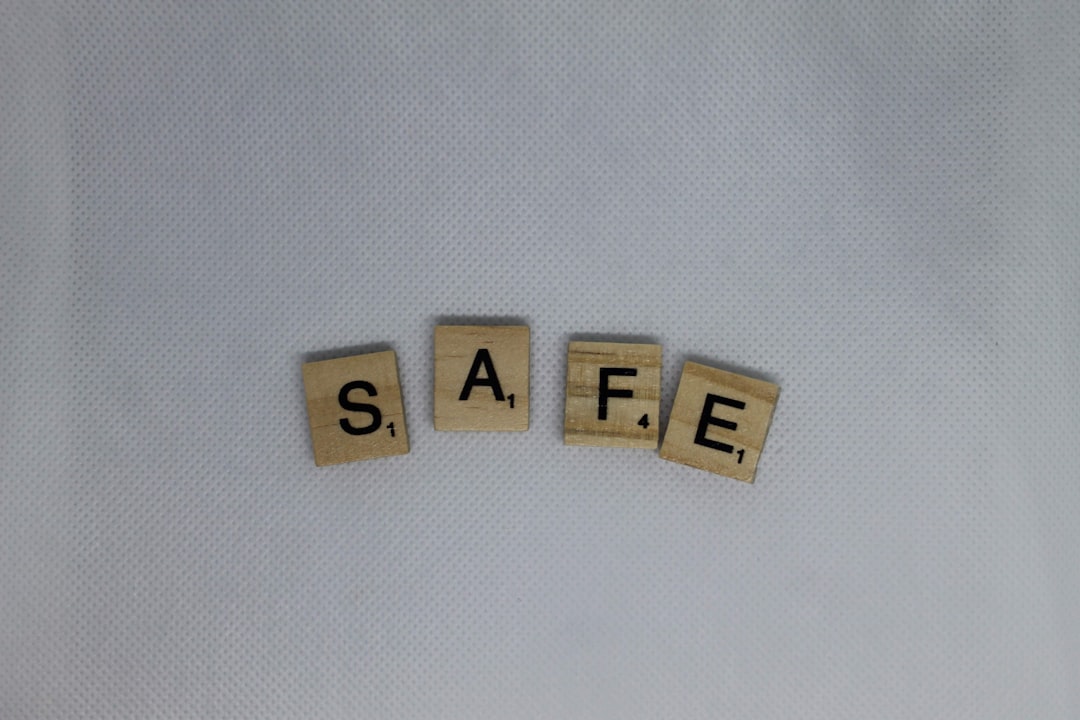What is it about?
It has become increasingly apparent that diagnostic criteria for major depression lead to the identification of a heterogeneous syndrome. A proposed response is to abandon or revise the criteria. This editorial argues that a better idea is for clinicians and researchers to revise their expectations for the ability of any set of diagnostic criteria to predict prognosis or guide therapy.
Featured Image
Why is it important?
Replacing or abandoning diagnostic criteria can impede scientific progress by creating discontinuities in the literature, unless new alternative actually perform better. The paper challenges the assumption that problems of an existing nosology can be erased through its abandonment.
Perspectives
As a clinician (Psychiatrist) and epidemiologist I feel that we must be respectful of the complexity (including individual variability) of complex phenomena like depression. This means being cautious about allowing disruption of existing nosologies - "I fear there will a worse come in his place" (Julius Caesar, Act III, Scene 2).
Professor Scott B Patten
University of Calgary
Read the Original
This page is a summary of: Major depressive disorder: reification and (maybe) rheostasis, Epidemiology and Psychiatric Sciences, August 2015, Cambridge University Press,
DOI: 10.1017/s2045796015000682.
You can read the full text:
Contributors
The following have contributed to this page










